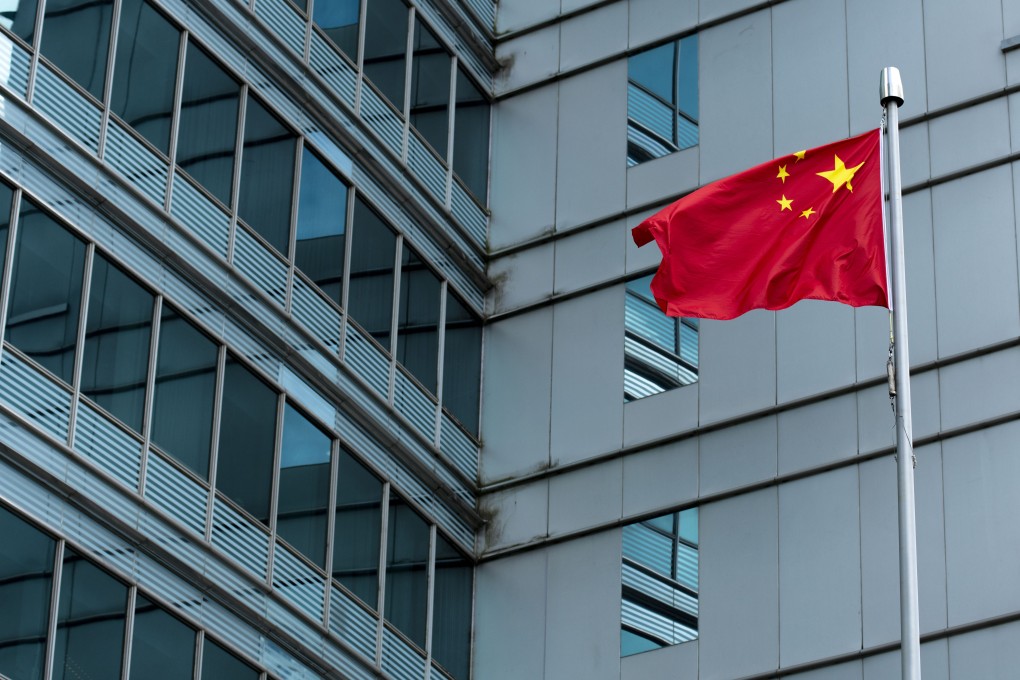National security law: Beijing slams US ‘safe haven’ offer to Hongkongers as ‘plot to stir up trouble’, interference in city affairs
- Condemnation follows the Biden administration’s granting of 18-month window for Hong Kong residents to live and work in the US
- Spokesman for Chinese foreign ministry in city says Beijing-imposed security legislation widely embraced by residents and international community

Beijing has strongly condemned the United States for its temporary offer of “safe haven” to Hongkongers, demanding Washington abandon a “plot to oppose China and stir up trouble in the city”.
“By offering so-called safe haven, it is trying to bad-mouth Hong Kong, smear China and engage in actions to destroy the city’s prosperity and stability,” a spokesman for the office said.
“Anti-China disruptions will definitely lead nowhere … We urge the US to stop immediately and abandon its scheme as soon as possible.”

03:44
US offers temporary ‘safe haven’ for Hongkongers in response to crackdown on opposition
In a separate statement, the Hong Kong government objected to “baseless and purely politically oriented comments” from the US.
“Whether it is in a unitary or federal system, legislation on national security is invariably carried out by the central authorities rather than a local government,” a government spokesman said.